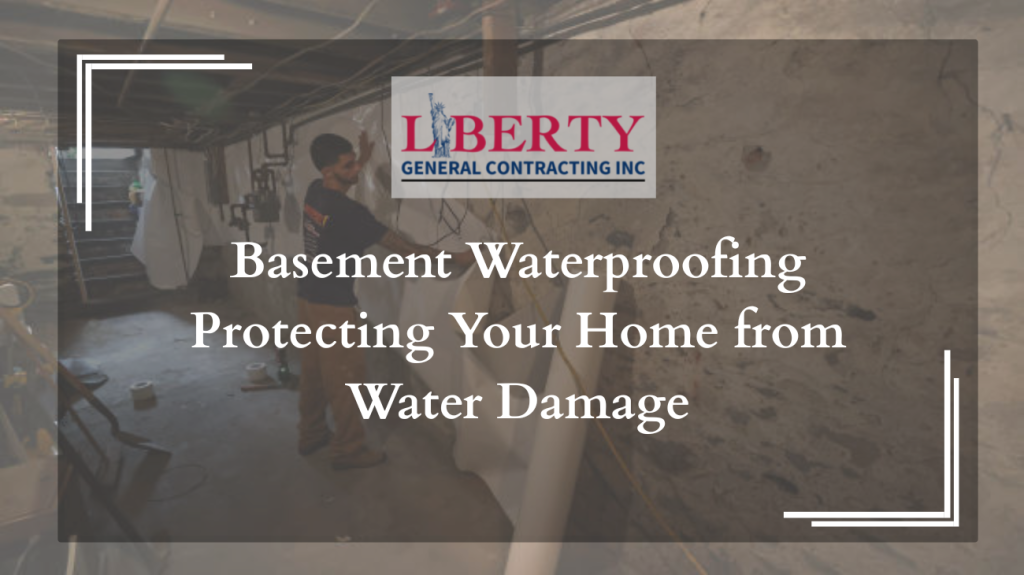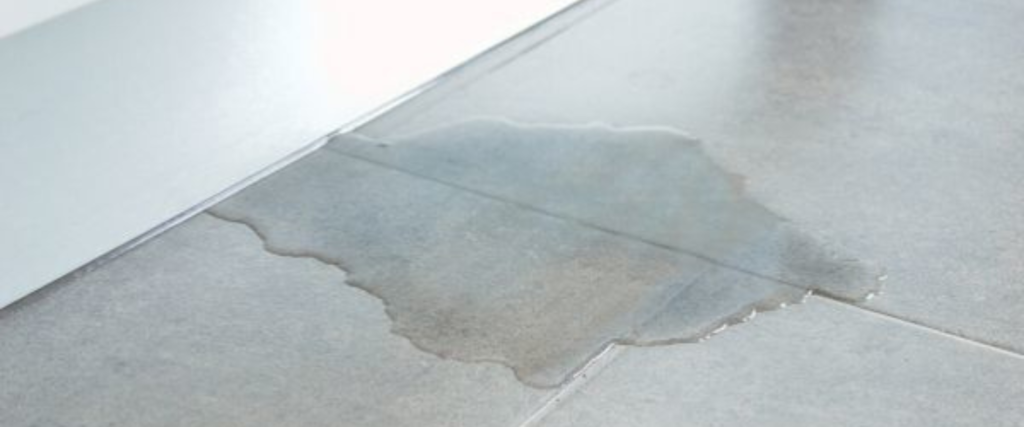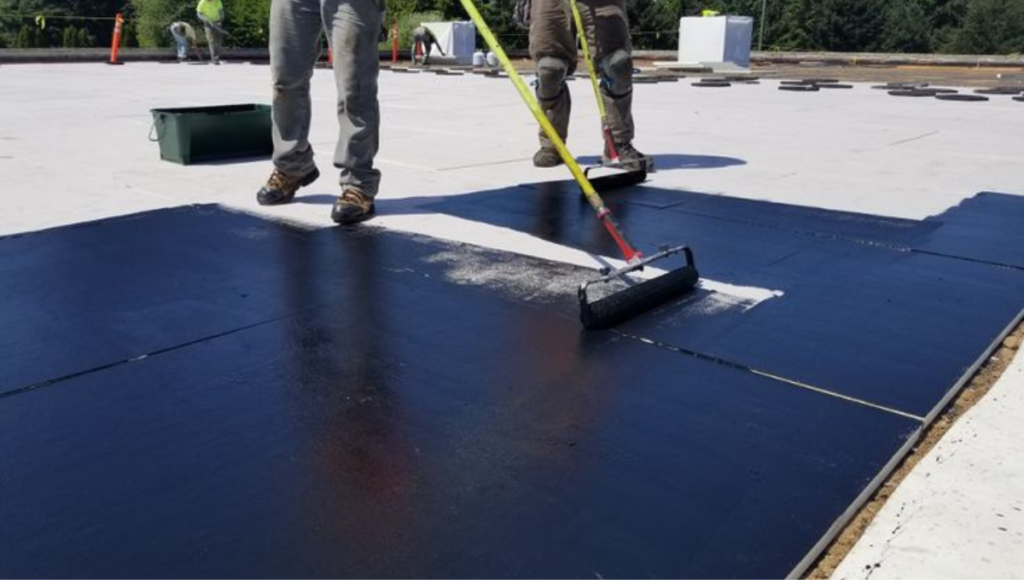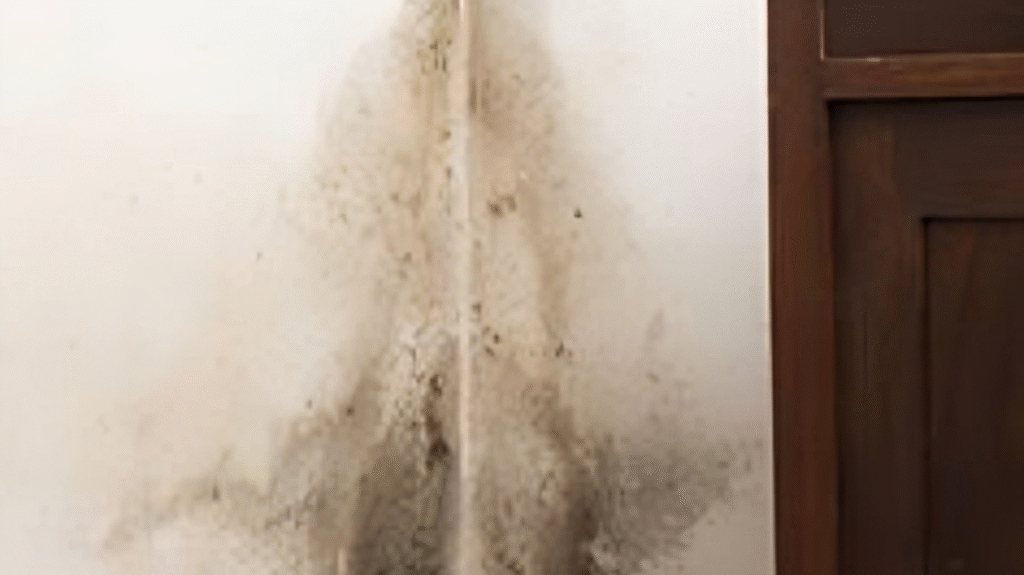Have you ever walked into a basement and smelled that musty, damp odor? That’s a sign of water damage. Basement waterproofing is the best way to prevent basement leaks and keep your home safe. Let’s talk about why this matters and how you can do it.
Table of Contents
Why Basement Waterproofing is Important

Water damage is no joke. A wet basement can lead to mold, structural damage, and expensive repairs. In fact, 98% of basements will experience some type of water issue over time. That’s a huge number! But here’s the good news: you can prevent this by simply watering your basement.
Signs of a Basement Leak
How do you know if your basement has water problems? Watch out for these signs:
- Damp or musty smell – Moisture creates odors that linger.
- Water stains on walls or floors – Show that water has been seeping in.
- Peeling paint or cracks in walls – Water weakens surfaces over time.
- Mold growth – Mold loves damp areas and spreads fast.
If you notice any of these, it’s time to take action.
How Water Gets Into Your Basement

Before you fix a problem, you need to know what causes it. Here’s how water sneaks in:
- Cracks in walls or floors – Even small cracks let in moisture.
- Poor drainage outside – If rainwater pools near your home, it will find a way in.
- High humidity levels – Sometimes, moisture comes from inside due to poor ventilation.
- Old or clogged gutters – If gutters don’t move water away, it can seep into your foundation.
Simple Ways to Waterproof Your Basement
Waterproofing doesn’t have to be complicated. Here are a few things you can do to protect your home:
1. Fix Cracks Immediately
If you see cracks, seal them with waterproof concrete or epoxy. This stops water from sneaking in.
2. Improve Drainage
Make sure water flows away from your house. Check that your yard slopes away from the foundation. You can also install a French drain to keep water moving.
3. Clean Your Gutters
Gutters play a big role in keeping your basement dry. Clean them regularly and make sure they direct water at least five feet away from your home.
4. Use a Dehumidifier
Too much moisture in the air? A dehumidifier can help. Keeping humidity levels below 50% reduces the risk of mold and musty smells.
5. Install a Sump Pump
A sump pump removes water that collects under your basement. If you live in a rainy area, this device can be a lifesaver.
Professional Waterproofing: When to Call an Expert
Some basement leaks need professional help. If you have major flooding, a failing foundation, or constant moisture, it’s time to bring in the experts. Companies like Liberty General Contracting offer solutions to keep your basement dry year-round.
The Cost of Ignoring Water Damage
Still thinking about putting off waterproofing? Here’s what can happen:
- Mold growth – It spreads in 24-48 hours and can cause health problems.
- Structural damage – Water weakens your home’s foundation, leading to costly repairs.
- Lower home value – A damp basement makes it harder to sell your house.
The average cost to repair water damage can range from $2,000 to $10,000, but preventing it costs far less. Investing in waterproofing now saves you money in the long run.
Conclusion: Protect Your Home Today
Basement waterproofing isn’t just about avoiding leaks—it’s about protecting your home and health. You don’t want to deal with mold, costly repairs, or a weak foundation. By fixing cracks, improving drainage, and considering professional help when needed, you can keep your basement dry and safe.
So, are you ready to take action? Your home depends on it!
Contact Liberty GCNY
Website: www.libertygcny.com
Phone: (347) 682-9840
Serving: Manhattan, Brooklyn, Queens, The Bronx, Westchester County, and Long Island.
Address: 251 N Regent St, Port Chester, NY 10573, United States
Need Help with Your Next Project? Call Liberty GCNY Today!
Fast responses. Expert advice. Trusted service across NYC and beyond.


